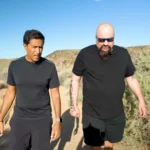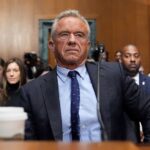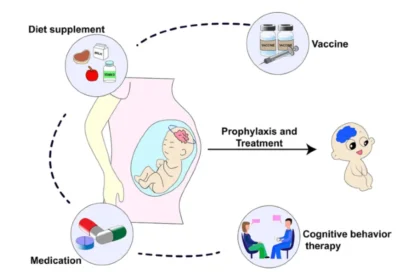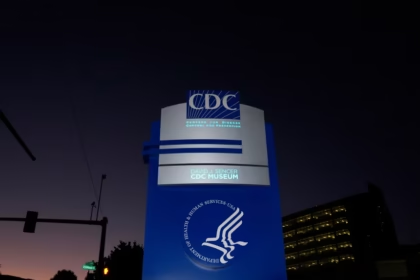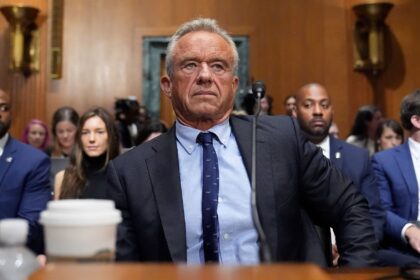West Virginia, often ranked among the poorest and least healthy states in the nation, is an unexpected leader in childhood vaccination. During the 2023-24 school year, more than 98% of kindergarteners in the state were vaccinated against diseases like measles, pertussis, and chickenpox—placing West Virginia first nationwide, according to the Centers for Disease Control and Prevention (CDC).
This high vaccination rate has translated into real protection. Amid a nationwide measles surge, West Virginia remains one of the few states without reported cases. It also recorded one of the lowest rates of whooping cough in 2024.
West Virginia’s success traces back to strict vaccination laws, some over a century old, requiring immunization for public school and daycare attendance. The state is among only five nationwide that allow vaccine exemptions solely for medical reasons, with such exemptions strictly reviewed and approved by the state Department of Health.
However, that longstanding framework now faces a legal challenge. Next week, a county circuit court will hear opposing lawsuits filed by parents of public school children. The disputes stem from an executive order issued in January by newly elected Republican Governor Patrick Morrisey, directing the Department of Health to permit vaccine opt-outs for parents citing religious or moral objections.
Morrisey, who has previously supported religious exemptions as the state’s attorney general, campaigned on expanding such exemptions. However, his order conflicts with existing state law. In March, West Virginia legislators rejected a bill that would have weakened vaccination requirements and formally codified religious exemptions, leaving current laws intact for the time being.
The federal government has also entered the debate. Last month, the U.S. Department of Health and Human Services (HHS) sent a rare letter warning West Virginia that failing to grant religious exemptions could risk over $1 billion in federal funding. Shortly afterward, HHS Secretary Robert F. Kennedy Jr.—a known vaccine mandate critic—publicly endorsed Morrisey’s order on social media.
HHS further notified all states that respecting state laws on religious vaccine exemptions is a condition for participation in the federal Vaccines for Children program.
Legal experts, such as UCSF law professor Dorit Reiss, have criticized the federal intervention. She called the letter to West Virginia “highly problematic,” suggesting it pressures state lawmakers and school boards to introduce religious exemptions against their will.
As this legal battle unfolds, West Virginia’s high vaccination rates—and the protections they provide—hang in the balance, raising broader questions about the future of vaccine mandates and exemptions nationwide.



